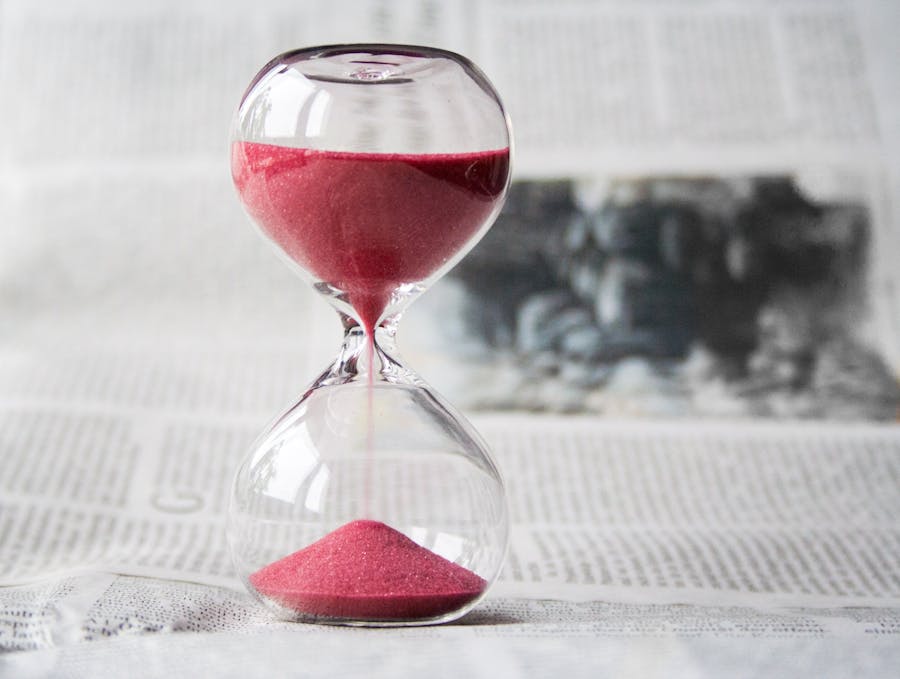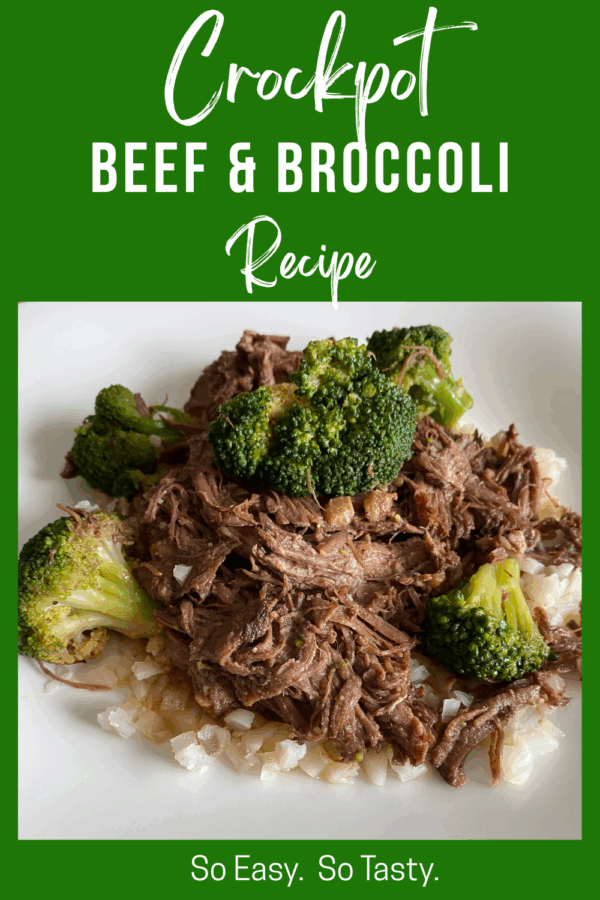
“Mommy, just one more bedtime story?” You inwardly cringe when you hear your child’s plea and then feel guilt for not wanting to read another story. At this point all you want is to have some time devoted to yourself at the end of a long, busy day.
There are two types of reactions that could occur:
You can go into a whiny, annoyed tirade about how you just read three books and that you are not going to be held hostage by your child any longer.
Or, you could calmly and lovingly state that you have enjoyed the time you just spent with your child, but it is time for her/him to get some rest and that this is the part of the evening where you want to unwind and do things for yourself.
Admittedly, I have exhibited both behaviors in the aforementioned scenarios. It is very difficult to rein in heightened emotions when your patience has met its limit. BUT, there is a way to improve our responses in which you can ultimately gain more tolerance for discouraging or frustrating circumstances.
How Can I Become More Patient?
Patience is defined as the capacity to accept or tolerate delay, trouble, or suffering without getting angry or upset. In a world where instant gratification, technology, and low effort/high reward ideology become the norm, it is no wonder people have become so impatient when life presents us with problems. However, when you become aware of your growing sense of impatience, you are presented with the choice of exercising intentional, mindful responses with more grace and clarity. Here are a number of ways to cultivate more patience:
1. Be Mindful
Identify your thoughts and feelings. Acknowledge that your emotions are normal, but do not define you. Initiate deep breathing as a way to regulate yourself. Breathing helps reduce elevated, negative feelings. The allowance of increased oxygen allows you to gradually think with more clarity and be able to move forward with greater ease.
2. Practice Acceptance
Accept the conditions of the present moment. Let go of conditions that are outside of your control. Who wants to waste energy towards a problem that they may not be able to solve? (Which can leading to even more impatience and frustration.)
3. Reframe Your Thinking
Instead of viewing a frustrating situation as a barrier or annoyance, why not reframe your mind into accepting this challenge as an opportunity for personal growth? Instead of allowing the negative feelings to dominate the mind, reiterate to yourself that you are on a journey of gaining grace, resilience, and perseverance. The only way you can become better is if you are faced with adversities to overcome. Show gratitude for setbacks or hindrances because those occurrences are aiding you in obtaining more patience.
4. Actively Listen To Others
We all want to feel heard, so becoming an engaged listener is a great way to make connections with others as you patiently give the other person the opportunity to speak. Active listening can also give you the chance to exhibit empathy, see different points of view, and gain more insight into another person’s life. Recognizing other people’s feelings and perspectives allows you to respond with more compassion and understanding, especially in instances which you may not totally agree with the other person’s stance.
5 Ways Patience Can Enhance Your Life
Practicing patience offers many benefits and greatly impacts both personal and professional aspects of life. Here are some key advantages:
1. Improved Relationships
Being patient enhances communication, reduces conflicts, and fosters understanding in relationships. It helps you actively listen, empathize with others, and respond thoughtfully rather than react impulsively. This is how people create authentic connections with others.
2. Better Decision-Making
Patience helps avoid hasty decisions driven by emotions, leading to more rational and well-considered choices. It allows time to gather information, analyze situations, and make informed decisions. Patience also helps in making better financial decisions. Rather than impulsively spending, using slow calculations to utilize financial planning, saving, and investing encourages long-term thinking. It can lead to better financial stability and security over time.
3. Greater Resilience and Stress Management
Patience helps in managing stress and frustration. It enables you to tolerate delays, setbacks, or discomfort, while building emotional resilience. With patience, you are less likely to feel overwhelmed by challenges. Studies suggest that patient people tend to have lower stress levels, which can translate to better physical health. Lower stress reduces the risk of high blood pressure, anxiety, and other health issues.
4. Increased Success and Achievement
Patience is often linked with perseverance. It encourages consistent effort and long-term thinking, which are crucial for achieving complex goals and ambitions. People who are patient tend to stay committed even when results take time. Patience also helps in people setting realistic goals and sticking to them, even when progress is slow. This persistence is often key to long-term success and personal development. Giving yourself time to think, rather than rushing, often leads to more creative solutions. Additionally, it allows for deep thinking and experimentation, which can result in innovative outcomes.
5. Personal Growth and Self-Discipline
Practicing patience strengthens self-discipline and teaches the value of delayed gratification. It encourages personal growth as you learn to navigate difficulties without giving up or reacting negatively. Your emotional well-being is also enhanced because it promotes a calmer state of mind, while reducing anxiety, anger, and stress. It contributes to a more positive outlook, helping you maintain emotional stability and a sense of control over your reactions.
Overall, patience acts as a foundation for a healthier, happier, and more productive life. It’s a skill that, when cultivated, can make a meaningful difference in various aspects of life.


